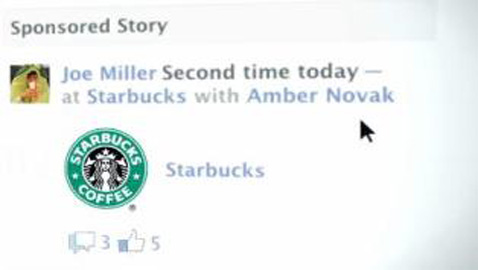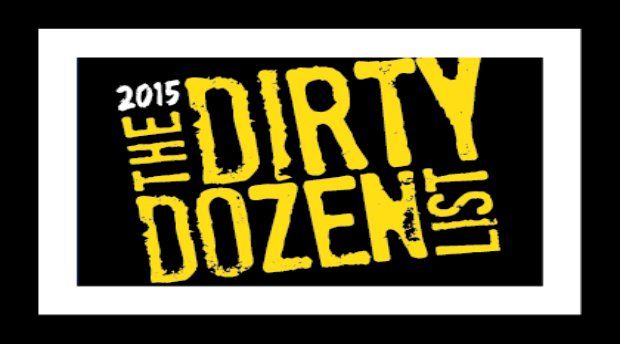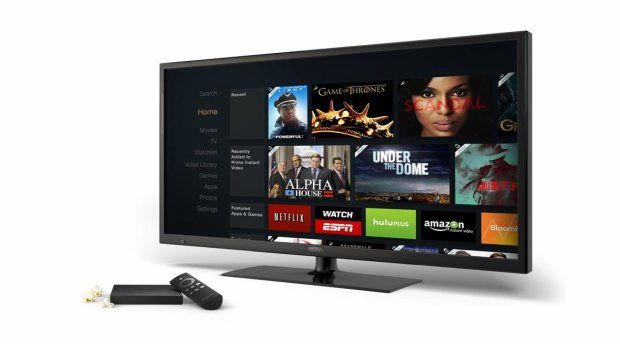Do Advertiser-Sponsored Articles Breach Editorial Propriety? Editors Say, Yes, Owners Say No
Post Views 1
However, the business side of the magazine commenced a parallel program BrandVoice, “pay to play” which allowed advertisers to actually place their write-ups in the magazines upon payment, opening up a debate that said that allowing them to do so breached boundaries of editorial propriety.
The pros and cons of this were deliberated upon in a debate hosted by the MPA, the Association of Magazine Media, and moderated by Good Housekeeping Editor-in-Chief Rosemary Ellis. Participating in the debate were Bloomberg Business Editor-in-Chief Josh Tyrangiel and Forbes Media Managing editor Bruce Upbin.
Using BrandVoice, advertisers pay writers to write articles on their behalf and submit them for printing in the magazines, advertisers, who used this medium, included Microsoft, Dell and Oracle.
There was hardly anything to distinguish advertiser-sponsored articles and articles contributed by Forbes writers and editors from each other. Both appeared in the same format and style. However, there was some restrained message to inform readers, rather ingeniously that the article they were reading was not entirely editorial and had been paid for by an advertiser. What made it even harder to tell them apart was that sponsored material could be placed alongside the popular stories of the day on Forbes.com.
Forbes Media Managing editor Bruce Upbin opined that it was wrong of editors to assume that only they could control written content on the web and that it was time they stopped believing that the space was sacrosanct. Even marketers have important and valuable things to say, he said, acknowledging that he had no problem when such marketer-sponsored articles were printed alongside editorial work.
Tyrangiel, on the other hand, said that this did not seem to be a threat to traditional and conventional journalism but he would not call marketer-sponsored articles as journalism. “Is it the end of Western civilization?” he questioned. “No, but I would not call that journalism.”
Moderator Ellis noted that signs to alert readers that the articles were sponsored were inadequate and “very small.”
Sid Holt, president of the American Society of Magazine Editors, was not very comfortable with the idea but said that as long as the readers were made aware that they have been put in by advertisers, they would fall short of violating ASME guidelines.
DVorkin said that the sponsored contributions by marketers were very few and numbered only four to five a week, whereas conventional editorial writings accounted for hundreds of postings. Moreover, Forbes had suffered huge losses many years ago, but now has posted profits and has had its best financial results in the past five years, he concluded.
“The contributor model is controversial, but it is working,” Upbin said. “We haven’t had any pushback for BrandVoice other than from other editors in the industry.”
Mary Berner, the new president and CEO of the MPA, had strong words for the beleaguered magazine industry. She said that when she was offered the job she took it up very eagerly.
She said that there were two reasons why she was happy to take over. One, she loved magazines and believed that they had a great future over both the print and digital platforms. Secondly, she was outraged and angry that “we as an industry have allowed others to hijack our story, our narrative.” Printing the magazine is not what we are here to do, the written content is what we should be concerned about, she admonished.
Berner told the audience that she intends to lead the MPA “with chutzpah and balls as your advocate and your voice.”
Do Advertiser-Sponsored Articles Breach Editorial Propriety? Editors Say, Yes, Owners Say No by Harrison Barnes


 12 Companies That Profit Off Sexual Exploitation
12 Companies That Profit Off Sexual Exploitation  Project Gravitas Prepares for Black Friday with ‘Message in a PG Box’
Project Gravitas Prepares for Black Friday with ‘Message in a PG Box’  Next Level Text Allows Anyone to Fundraise
Next Level Text Allows Anyone to Fundraise  Advertisers Turn to Outlets Other Than Traditional Television
Advertisers Turn to Outlets Other Than Traditional Television  What Really Happens When We Receive Personalized Ads
What Really Happens When We Receive Personalized Ads  “Deadzone Diners” Takes a Different Approach to Cellphone Usage
“Deadzone Diners” Takes a Different Approach to Cellphone Usage  Fast Food Companies Look to Their Consumers for Advertising
Fast Food Companies Look to Their Consumers for Advertising